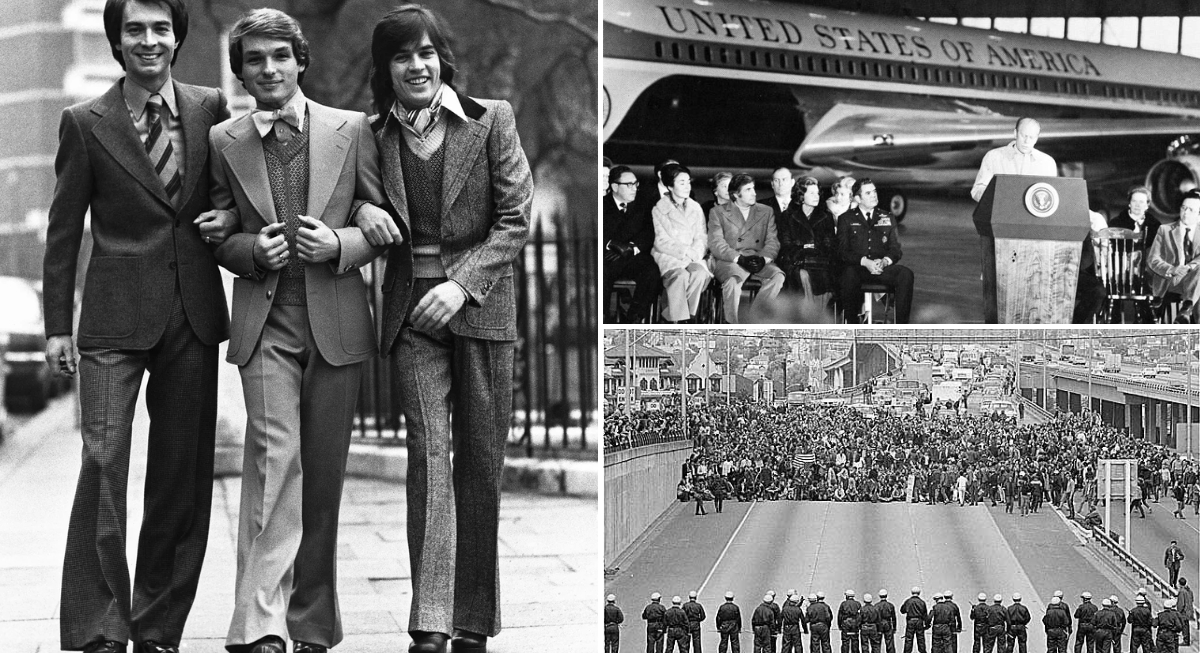When we study history, we tend to glorify its most famous figures. We learn about their leadership, groundbreaking ideas, and cultural impact. But behind their polished legacies are stories of quirks, bad behavior, and downright irritating habits that made life unbearable for those around them. Here’s a candid look at some historical figures who knew exactly how to push people’s buttons.
Nero
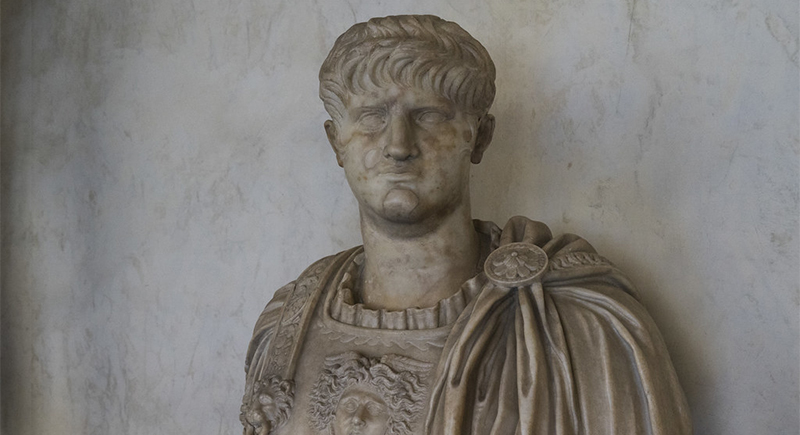
Credit: flickr
When you’re the most powerful man in the Roman Empire, you’d think ruling would be your top priority. Not for Nero. His heart belonged to the stage, where he forced audiences to endure marathon performances of his singing and lyre-playing. During this time, leaving the theater was forbidden, and some reportedly faked their own deaths to escape. Talk about a captive audience!
Charles Dickens
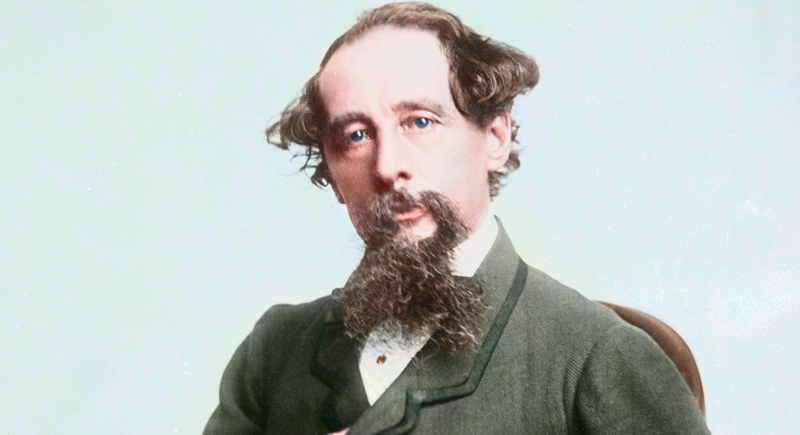
Credit: Wikimedia Commons
The literary giant had a mischievous streak that bordered on absurd. On vacations, he would adopt fake personas, confuse strangers with nonsensical stories, and once pretended to stage a murder-suicide on the beach—all in the name of a laugh. If Dickens were alive today, he’d be the guy pulling elaborate pranks on TikTok instead of writing novels.
Socrates

Credit: Wikimedia Commons
If you’ve ever had a friend who won’t stop asking "why," you’ve experienced a fraction of what it was like to deal with Socrates. His method of questioning—relentlessly poking holes in other people’s arguments—was enlightening but exhausting. Athenians eventually had enough of his constant probing and this led to his demise.
Farouk I
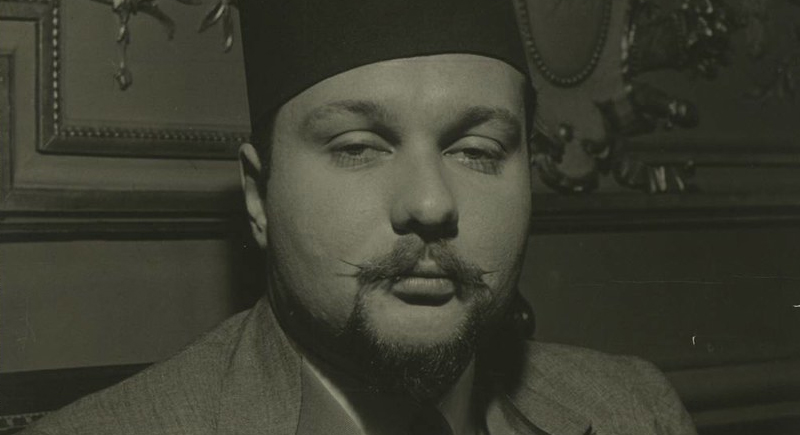
Credit: flickr
Being king of Egypt meant Farouk I could have anything he wanted—except, apparently, self-restraint. Despite his wealth, he had a peculiar obsession with stealing. Farouk pardoned a master thief just to learn the tricks of the trade, and he famously swiped Winston Churchill’s pocket watch at a dinner party.
Caligula
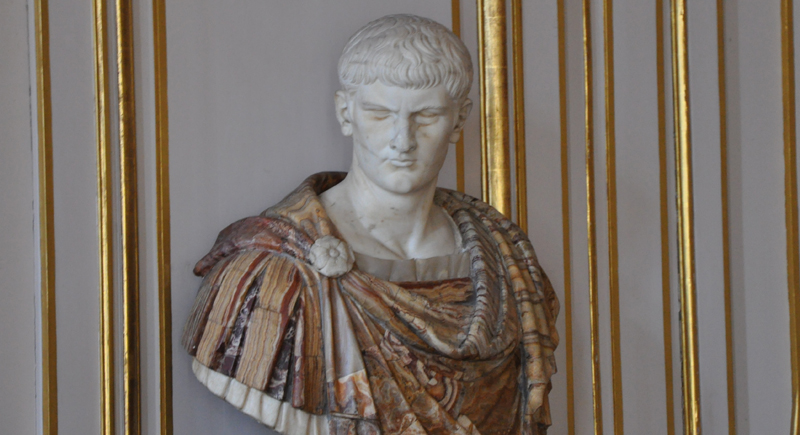
Credit: Wikimedia Commons
This emperor had a habit of summoning senators at all hours to watch him perform bizarre dances or forcing them to sit through his recitations. He once declared his horse a priest—because why not? Caligula’s antics were so over the top that even his bodyguards decided they’d had enough and assassinated him in dramatic fashion.
Leon Trotsky
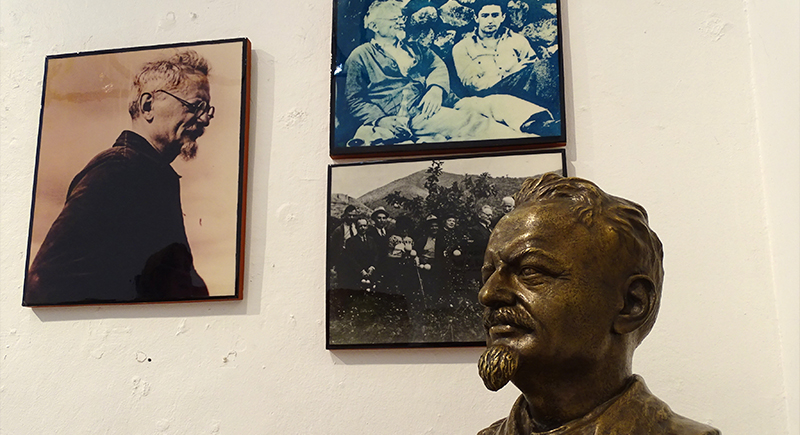
Credit: Wikimedia Commons
Trotsky’s stance on tipping was less about etiquette and more about economics. He believed tipping exploited workers and refused to partake, often lecturing servers on the issue. This didn’t win him any popularity points—especially when waitstaff "accidentally" spilled soup on him. Trotsky’s intentions may have been noble, but his delivery left much to be desired (and a lot of dry cleaning bills).
Diogenes
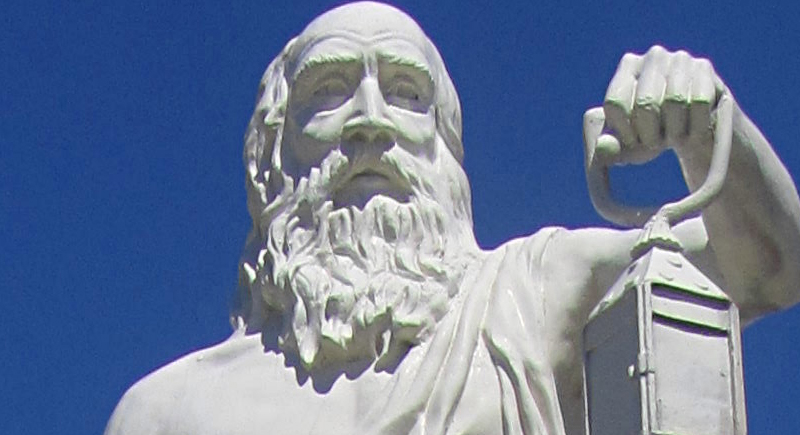
Credit: Wikimedia Commons
Diogenes happily trampled on social norms. He lived in a barrel, relieved himself in public, and crashed Plato’s lectures just to eat loudly and annoy everyone. Once, he walked through town with a lantern, claiming to be "looking for an honest man." He thought it was profound; everyone else probably thought it was a waste of time.
Peter the Great
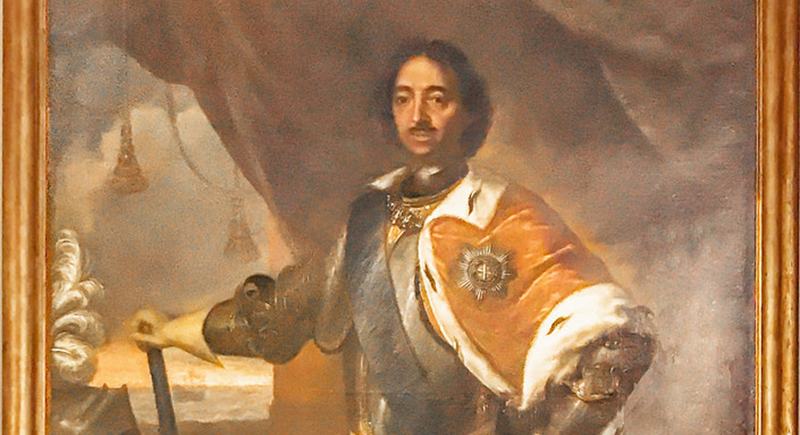
Credit: flickr
Peter the Great’s mission to modernize Russia came with a sharp edge—literally. He imposed a beard tax and would personally shave nobles to enforce his clean-shaven ideals. Imagine your boss pulling out a razor during a meeting. Progress? Maybe. Annoying? Absolutely.
Lyndon B. Johnson
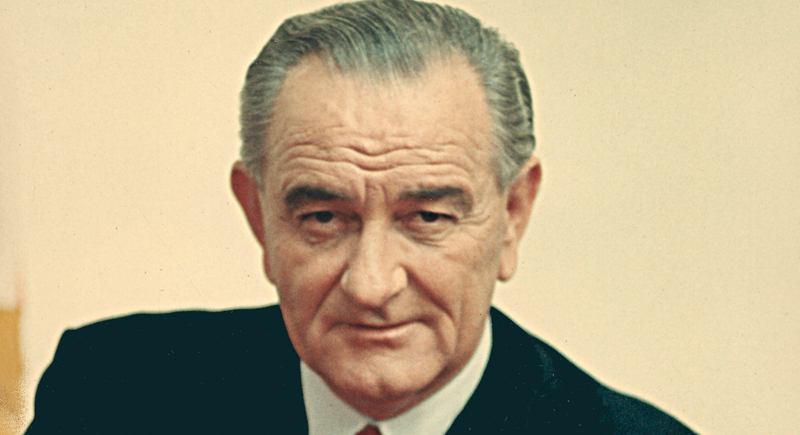
Credit: Wikimedia Commons
LBJ was a master of persuasion, but his tactics often left people squirming. He had a habit of invading personal space, towering over colleagues, and leaning in a little too close during conversations. His "Johnson Treatment" was effective, but not exactly pleasant. If you valued your comfort zone, Johnson wasn’t the man to negotiate with.
Joseph Stalin
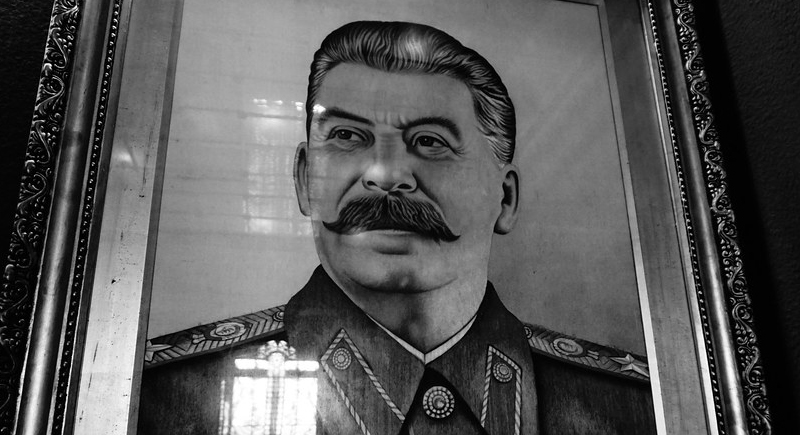
Credit: flickr
Stalin’s paranoia was a defining feature of his leadership. He saw enemies everywhere, leading to purges that decimated his own ranks. His obsessive need for control turned the Soviet Union into a high-stakes workplace where one misstep could cost you everything. Even his closest allies had to walk on eggshells around him. He was a true pain to work for.
Richard Wagner
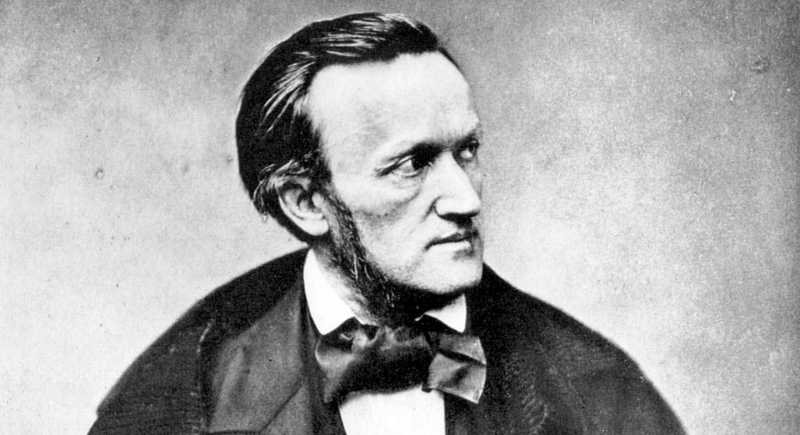
Credit: dallassymphony.org
Richard Wagner hated public attention but demanded it at every turn. His contradictory personality—desiring fame while despising his audience—made him the ultimate diva. If he were around today, Wagner would probably ghost his own concerts and then complain that no one appreciated him.
Henry VIII
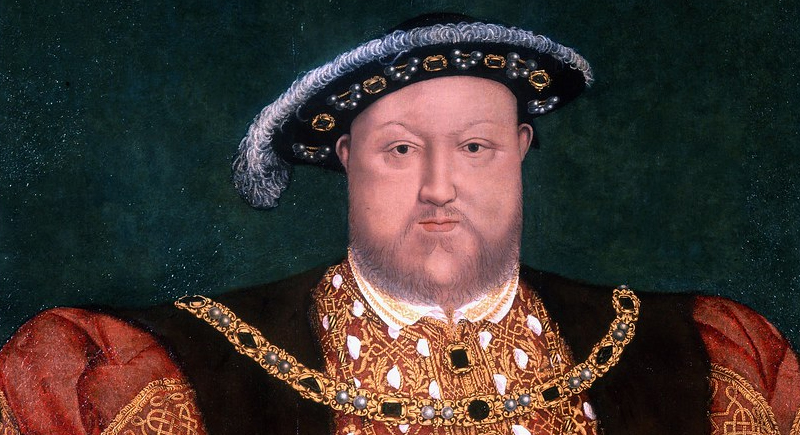
Credit: flickr
Few rulers brought as much personal drama to the throne as Henry VIII. His six marriages were literal national crises. When he wasn’t busy divorcing, banishing, or executing his wives, he was reshaping England’s religious and political systems to suit his whims. Being one of his advisors probably meant constantly navigating the fallout from his latest romantic disaster—it’s a wonder anyone lasted in his court.
Napoleon Bonaparte
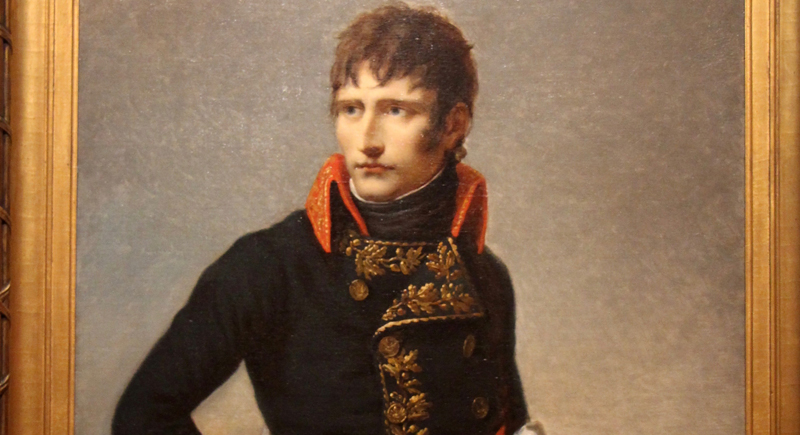
Credit: Wikimedia Commons
Napoleon’s ambition was matched only by his need for control and demanding nature. He micromanaged his empire and alienated his allies with his arrogance. Despite his military genius, he was the kind of guy who’d nitpick your battle plans, and then blame you when things went wrong. Even during exile, he lived quite frivolously.
Alexander Hamilton
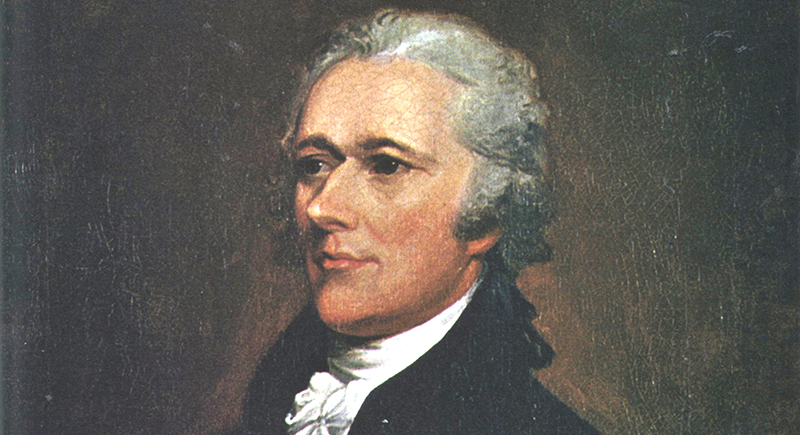
Credit: Wikimedia Commons
Like a real-life reality TV star, Hamilton was a walking magnet for controversy. He made enemies left and right, spent beyond his means to exhibit a show of wealth and publicly aired his personal scandals in ways that would make even most people blush. His penchant for drama ultimately led to his fatal duel with Aaron Burr; perhaps, sometimes, it’s better to let things go.



